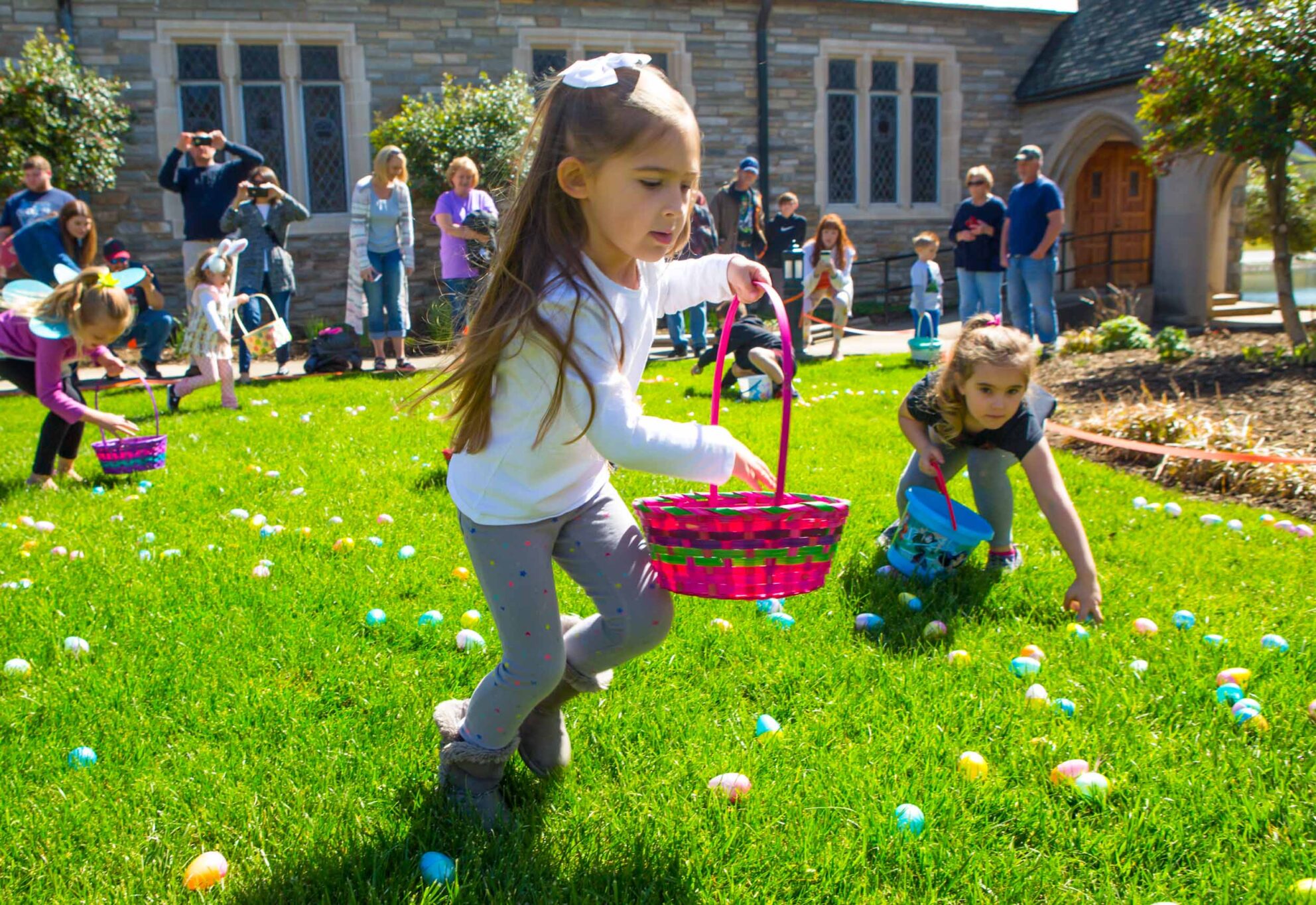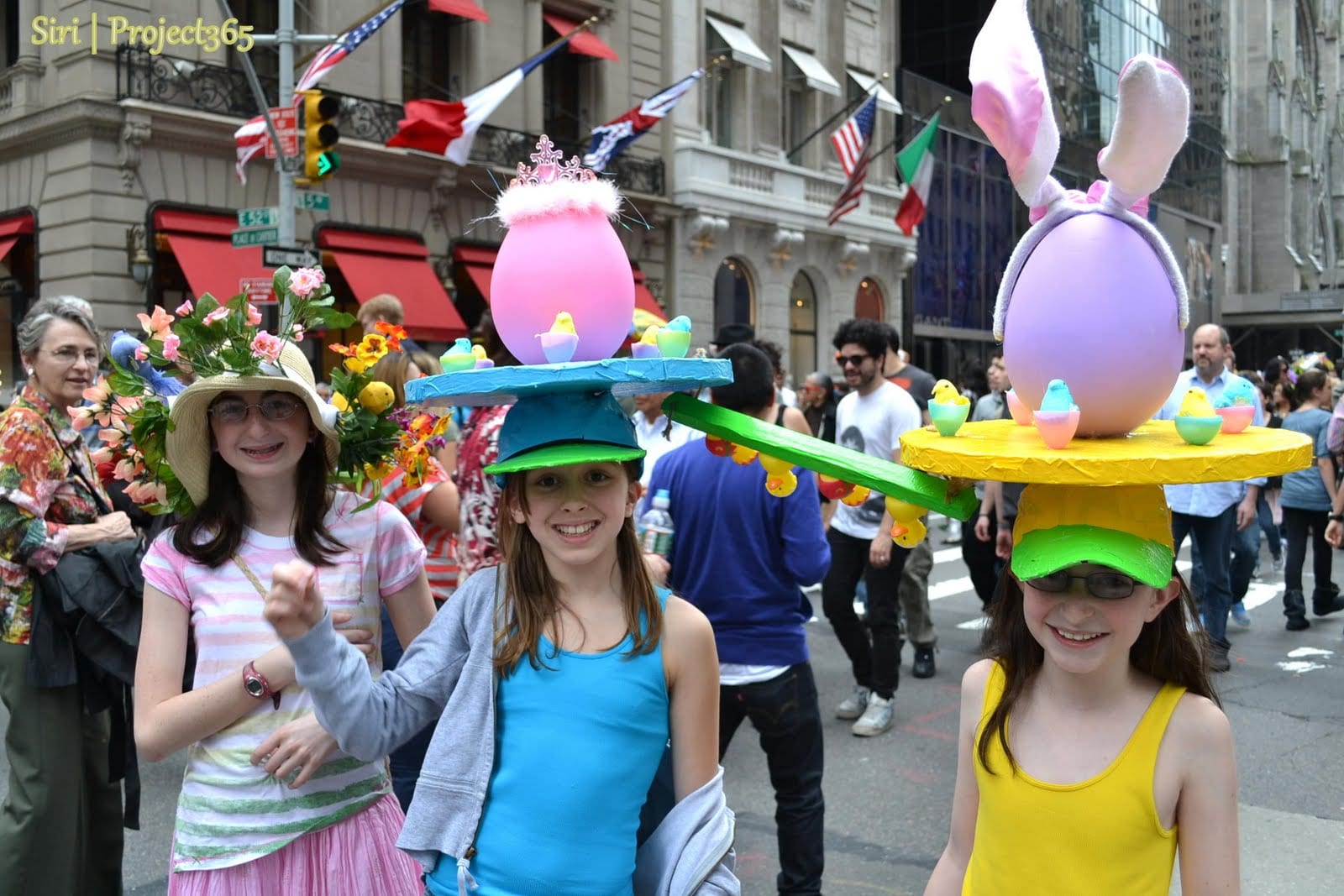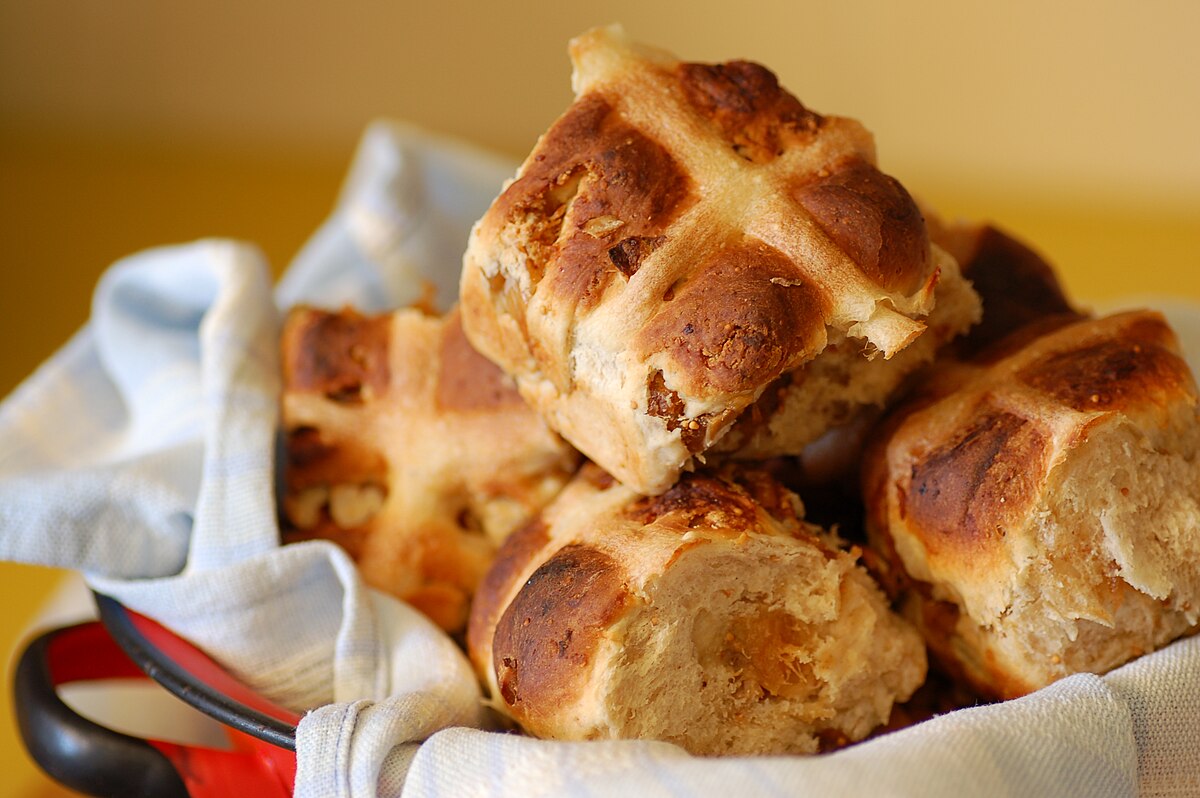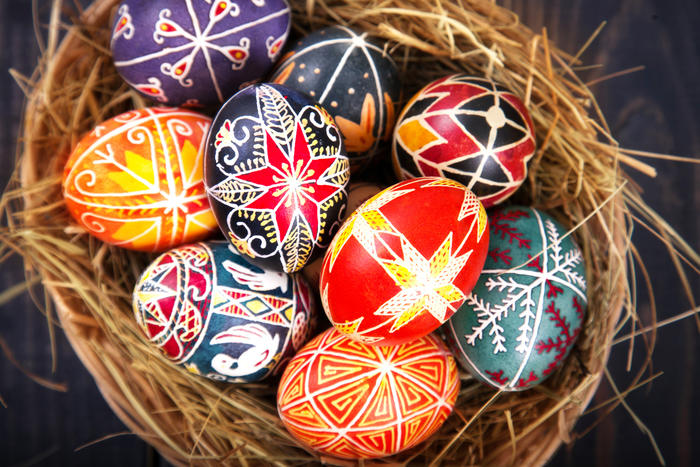Have you ever heard about how different the traditions of celebrating the same holiday in different countries?
In Great Britain, this holiday is celebrated with many different traditions. There is a tradition of Bunny or Egg Hunting: parents hide chocolate eggs or bunnies somewhere in the house or, if the weather is good, in the garden. When children get up on Easter morning, they begin to look for these hidden presents, and parades with Easter costumes, bonnets and figures are held in many cities. In addition, the UK traditionally holds an Easter egg race. In this game, two people take an egg and take turns hitting them against each other. The remaining whole egg wins, and its owner receives the winning egg substrate. By the way, in Ukraine there is also a similar tradition, but here the winner takes all the broken eggs for himself.


Good Friday commemorates the crucifixion of Christ. This is the day of mourning, when churches usually stand empty without decorations and flowers, and in some places they even cover statues and icons. On this day in Britain, they eat hot cross buns – buns with a cross on top, reminiscent of the sacrifice of Christ. They are usually baked in the morning for breakfast.

Ukraine is a country where Easter has a special meaning. People start preparing for the celebration in a few weeks. Preparations for Easter begin a week in advance, which is called Passion or White. On Pure Thursday, it was customary to clean the house, decorate the icons with festive towels, and it was also necessary to bathe the full family before sunrise in running water, supposedly washing away all sins and illnesses from a person. Normally, on Passion Friday is not allowed to work, so many people spend this day in church. Saturday is considered the day of rest, the transition from the Passion of Christ to the Bright Resurrection of Christ. It is on Saturday evening that the night service begins, at which Easter baskets are taken for consecration. On Easter, people exchange eggs, symbolizing the resurrection of Jesus Christ.
So, Easter eggs dyed in onion skins are called Easter eggs. Drapanki - painted with a needle, and Easter eggs—eggs decorated with ancient signs using wax and dyes.
Easter Sunday is traditionally celebrated with the whole family at a large table with Easter dishes. It is believed that this custom endows with a “good fate” – happiness, fortune, talent for each member of the family.
Big Sunday should be met with bright thoughts, because this holiday symbolizes the purification of the soul and deliverance from sins. On this day, you can’t swear, all insults should be forgiven and forgotten. There is a tradition that all family members take turns breaking eggs, after which the winner can take the rest of the eggs.
Breaking an egg on Easter symbolizes the destruction of the stone that closed the cave in which Jesus Christ was buried.





Комментарии
Отправить комментарий